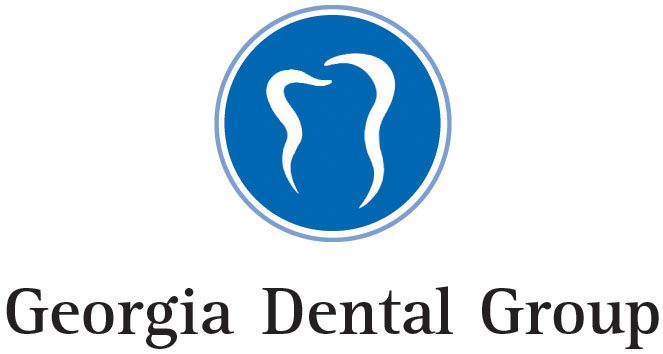If you are pregnant it’s important to take even better care of your teeth and gums. Proper oral healthcare is key not only for your own health, but for the health of your developing baby.
Gingivitis and Gum Disease:
About one-half of women experience “pregnancy gingivitis.” Higher progesterone levels during pregnancy cause a greater reaction to dental plaque, resulting in an increased amount of swelling, bleeding and redness of the gums. It is therefore extremely important to remove any plaque build-up from your teeth. If left untreated, gingivitis can turn into periodontitis or gum disease. This is a more serious condition in which the infection goes beyond your gums and into the bone and other tissue that support your teeth. This is of particular importance for pregnant women as research suggests a link between gum disease and premature, low birth weight babies. The bacteria that cause gum infection can enter the gum tissues and then travel via your blood stream to sites far from the mouth, even to the uterus. These bacteria carry substances that can trigger the production of chemicals called “prostaglandins” in the reproductive tract. These prostaglandins are suspected to induce premature labour, resulting in low birth weight babies.
What You Should Do During Pregnancy:
Prevention is the key. Practice good oral hygiene at home and get regular, preventive dental care:
- Brush at least twice every day and after every meal if possible.
- Floss daily.
- Get regular dental care. If you have not seen your dentist recently, schedule a visit for a thorough cleaning and check-up. Your dentist or hygienist may want to see you more than once during your pregnancy and perhaps even more so if you already have gum disease.
- Cavity fillings and crowns should be treated to reduce the chance of infection. As there are conflicting studies regarding the effects of medications for anesthesia during pregnancy it is best to have this dental work done after the first trimester and using as little anesthesia as possible, but enough to make you comfortable. If antibiotics are necessary, there are safe ones to choose from.
- After the 2nd trimester, postpone all non-emergency work until after the birth as lying on your back for extended periods of time should be avoided.
- Avoid routine X-rays until after the birth.
- Whiten your teeth later. There is no clear data and no studies on the safety of whitening treatments during pregnancy.
- Share with your dental professionals:
- How far along are you?
- Is yours a high-risk pregnancy?
- What is your current home care routine?
- Have you noticed any changes in your oral health?
- Are you taking any medications?
- Have you noticed any gum inflammation, swelling, redness or bleeding?
- Have you noticed any loose teeth or persistent bad breath?
- Schedule an appointment immediately if you have a toothache, if your gums are bleeding frequently and causing you pain or if you notice any other signs of gum disease.
The Georgia Dental Group’s philosophy is that a healthy mouth is fundamental to one’s overall health and well-being. We are passionate about oral healthcare and provide extraordinary care and individual attention.
We are always happy to accept new patients.
Our office is located 103 – 1185 West Georgia Street in Vancouver, BC V6E 4E6.
Compiled using information from the following sources: Sonicare and The Journal of Periodontology, The Canadian Dental Association, The American Academy of Periodontology.
